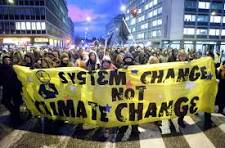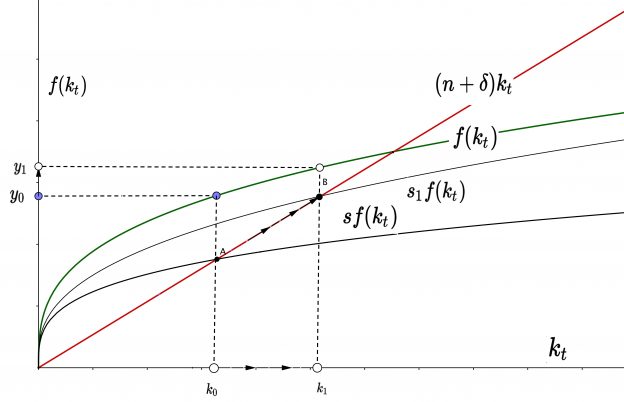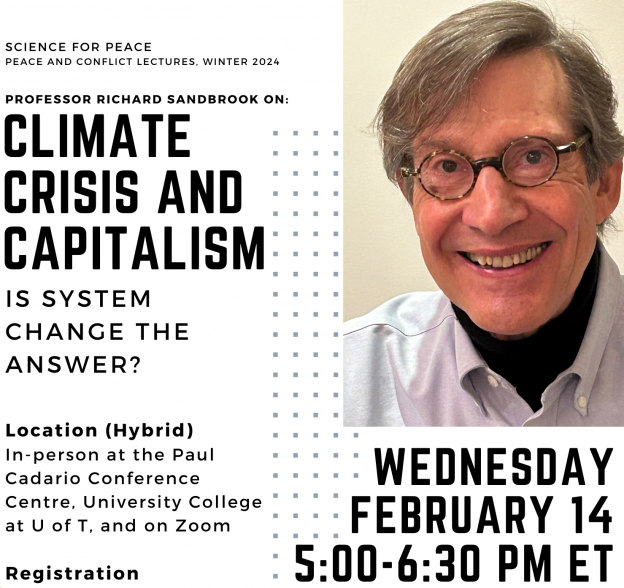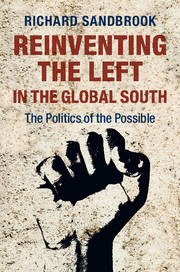“System Change, Not Climate Change” declares a sign co9mmonly seen at climate marches. Is it true?
That depends on what we mean by “system change.”. If it implies that capitalism is incompatible with a stable climate, the sign is incorrect. And that should be an encouraging conclusion. We have grounds for hope if there is an ecologically sustainable form of capitalism. The prospects for “system change” – for overthrowing capitalism – in the next couple of decades are negligible. Change within capitalism is more within the realm of the politically possible.
Grow or Die?
Eco-socialists, Marxists, most “degrowth” proponents, and many others believe that capitalism is inherently growth oriented. If “grow or die” is the logic of capitalism, the search for a path to sustainability within capitalism is doomed. Economic growth is normally associated with increased throughput of energy and materials, and with the generation of more waste products. Yet infinite growth within a finite earth, we all agree, is impossible. The only environmental option, from this viewpoint, is to fight for a post-capitalist/socialist economy.
But is this logic sound? The idea is that, without growth, capitalism flounders. Static capitalism will fail, it is said, owing to an inevitable decline in investment opportunities, leading to a falling rate of profit. The outcome would be a deflationary spiral of shrinking incomes, growing unemployment, and unpaid debts – ultimately, economic collapse. However, I find this logic unpersuasive.
The real obstacle to ecological sustainability, under capitalism, is not an economistic imperative. Rather, the main impediments are the power of sections of capital and the culture of possessive individualism. Whereas an “inner logic” is immutable, a political-cultural obstacle can be overcome through organization and political action.
“Grow or die” is an incorrect assumption that obstructs climate-change action by suggesting that socialist/postcapitalist revolution is necessary, albeit improbable. If the fight for ecological survival is rather a struggle to shift from one form of capitalism to another, it appears more winnable.
Radical Reformism
Let’s apply these thoughts to a radical Green New Deal that includes constraints on throughputs in the economy and on pollution. Throughput declines, but this change does not necessarily signify a static or stagnant economy. Instead, output shifts in composition and may even increase. What capitalism requires to survive is compatible with such constraints.
- Firms can make profits, to sustain investment levels.
- The incentive system rewards “effort, thrift and innovations.”
- Firms remain responsive to shifting consumer demand.
- An ethos of economic advancement continues.
Competition among firms continues in the Green New Deal. Those that develop more efficient production processes will undercut their competitors with lower prices. Competition will also continue over the quality of goods and services and over the introduction of new goods. In short, innovation and entrepreneurship remain key to success in the new, sustainable economy. Investment will continue, enhancing efficiency. Workers will not bear the burden of adjustment. Just transition includes a job guarantee, job-sharing and shorter hours of work; productivity growth can be shared by workers. Governments will maximize employment by taxing “bads”, such as resource use and pollution, rather than “goods, such as payroll taxes and profits. Corporate debt will bring some firms down. But massive public investment in the early phase, together with Quantitative Easing will create new opportunities for investment in the green economy. Capitalism will survive constrained throughputs, even though some firms will not. Development will continue, even if growth does not.
Capitalism: A Variegated Phenomenon
A conceptual problem clouds the understanding of alternatives: thinking of capitalism as one specific sort of economy, In reality, capitalism is a variegated economic system with individual types that are shaped by their varying institutional contexts. Capitalism, as classically defined, is an economic system in which free labour (but to what extent decommodified?) works for a wage on privately-owned means of production (but with how much public ownership?) to produce commodities (but with how many public goods?) for sale on the market (but under what sort of restrictive regulations?). The questions posed within the definition underline the reality that capitalism is an umbrella term, under which diverse economies shelter.
Institutional frameworks vary significantly. For example, the Keynesian consensus (1944-late 1970s) rested on a different set of rules than the Washington and Post-Washington consensus (neoliberalism) that succeeded it (1980-present). A Green New Deal would operate under a different set of rules than either of these two.
Institutions thus shape economies; but institutions can be changed. If the rules of an economy permit the exploitation of nature (and labour), then nature (and labour) will be exploited by corporations, to the detriment of society. Why? Because the firms that scrupulously avoid degrading nature (or exploiting labour) will be undercut by competing firms that have no such scruples. The rules of the game (institutions) must be redefined to rule out such exploitation by any actors. And firms can, and will, adjust to the new rules.
Conclusion
The problem posed by climate change is not an implacable economic logic, but a matter of power structures and popular attitudes. It will require a hard struggle to defeat the fossil fuel industry and its supporters, let alone tackle the possessive-individualist mentality. But it can, and must, be done.




